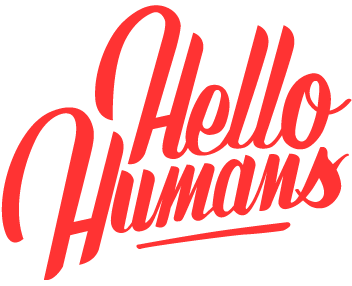Not Another Cancer Story -
You hear so many stories about cancer. They begin like this: When my mother had cancer. Or: When I was diagnosed with cancer. Since my mother had cancer, and so did I, I could begin two stories like that myself. But the story I need to tell is more complicated and heartbreaking to me. I’m just, at this writing, trying to come out of denial that my children might have inherited something from me, the thing that I myself inherited from my mother, that raises their risk of getting a long list of cancers. You can’t tell a story of cancer without telling the layered story of your family. When my mother was diagnosed with cancer she didn’t tell her children. She didn’t want to worry us. My most visual memory of this time is the Christmas after her surgery, helping her fold bedsheets. I tiptoed up to the topic. “Mom, don’t you feel better having the body part gone, at least, knowing they took it away?” Her enormous big screen TV was blaring. James Brown has just died. The memory of my mother’s cancer is knotted up with the image of James Brown’s thick thighs leaping off a piano landing in a split. Because when I asked her that question, she paused, and he leapt, and fell, then another clip came on, and he leapt in his sequins and slammed down again, and she said “I don’t know. I never really thought about it.” Such an absurd answer, made more absurd by James Brown’s manic exuberance, and my mother and I burst out laughing so hard we had to collapse on the bed. I felt deliciously close to her. When, a few years later, I was diagnosed with colon cancer (the second story begins), it was shown through genetic testing that I had inherited Lynch Syndrome. Simply put, I am missing mismatch repair genes, so my body is at a disadvantage in fighting certain cancers. I inherited it from my mother, and remember telling her on the phone that my results were positive, and how everything around me seeped black with sorrow. “I’m so sorry,” she sobbed. I didn’t want her to feel guilt. I told her it was okay, though there were no words to really convey the complexity of all that I felt. I couldn’t bear to hear her apologize for something that was not her fault. Because of Lynch, I never will get to the “five years cancer-free you’re cured” mark. That’s okay. I have an amazing doctor. Except that when I see him he gravely asks, “Have you talked with you kids about getting checked?” I promised him, three years ago, I would take care of it. And I haven’t. I guess I’m like my mother in many ways. I feel shitty. I know that each child has a 50/50 chance of having gotten this from me. My 27 year old daughter, if diagnosed with Lynch Syndrome, would be advised to make childbearing decisions now. Almost all women with Lynch Syndrome are advised to get total hysterectomies after they bear children. When I was in the hospital seven years ago, I recall the exact look on my son’s face as he entered my room and saw me in my bed. Our eyes met. There was his mom, cancer had entered her. In that moment, I saw a piece of him die, a piece of childhood. There was nothing I could do. That understanding of powerlessness is what cancer brings to your landscape. Now, he’s 24, and we recently had a profound conversation. For the first time, he told me what it was like to see me in the bed, hooked up to tubes, gutted like a fish. And I told him I knew he lost something then. This conversation brought us closer. It actually ached. Both of my children fear getting cancer. But how do I get to the place of supporting them in getting tested? It seems insurmountable, but it isn’t. I am probably pissed, but under that, I am very scared. So do I write it on my list of things to do? Return library books. Call Christine. Get kids tested. I know exactly which gene I am missing, which is the gene they would be missing--PMS2, it’s called. How do I, as a good mother, steer them, let’s get you tested to see if I gave you something. This information is potentially life saving. I see it’s what I must do. I rarely even tell anyone about my cancer anymore, even though it informs how I live my life everyday. It’s changed everything. I try not to live in the percentages I’ve been given, the high chance of it coming back. I want to close not with fear, not with the challenge of being a mother with this next task, but with the joy of being alive. The woods here in New England in October, my hand on the texture of the lichen, how it’s the pale mint color of sea glass. I wrote this all down last week, and yesterday my daughter sent me a text that asked about ourfamily history of Lynch. “My new doctor wants to get me tested,” she said. I was blown away. Did writing this, putting it down, send an invisible message to her? I thought I was writing aboutcancer, about motherhood, and about love. But I am writing about something bigger, the biggestbeauty of all: how God does for us what we cannot do for ourselves.




